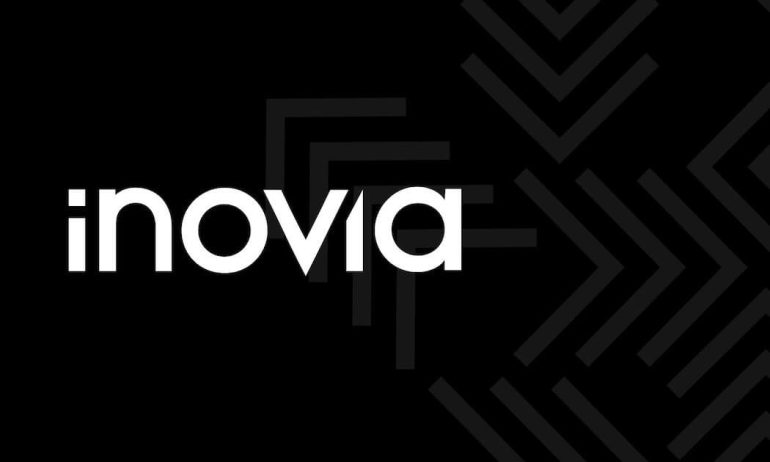Inovia Capital has secured $420 million CAD ($325 million USD) for its fifth fund focused on early-stage investing.
The latest fund adds a new pool of early-stage capital for Inovia to draw on as continues its multi-layered investment strategy: committing cheques early and then doubling down on its winners.
Fund V brings Inovia’s total capital under management to $2.2 billion USD. This is the first early-stage fund Inovia has closed since the $265 million CAD ($200 million USD) raised for Fund IV in 2019. At that time, the venture firm also raised $430 million CAD ($400 million USD) for a growth-stage fund.
“It feels negative relative to last year…but our approach has been different than a lot of what I see as behaviour from our peers in the industry.”
In 2021, Inovia expanded that strategy, raising a $450 million USD second growth fund, and launching a continuity fund to extend support to several high-profile companies that possess the potential to go public. Two of Inovia’s partners, Chris Arsenault and Patrick Pichette, also helped to create a SPAC focused on tech companies.
Inovia has raised its latest fund in a much different environment than last year. In contrast to the abundant liquidity available for companies in 2021, 2022 has brought a sobering about-face for public and private companies alike. The result has been a slower pace of investment and valuations that are lower than the skyrocketing numbers from the past two years.
Shawn Abbott, an Inovia co-founder and partner, called the downturn in the market something more akin to “normal.”
“It feels negative relative to last year – and yes, it feels likely that we’re going into a recessionary environment in terms of interest rates being higher, spending potentially being lower – but our approach has been different than a lot of what I see as behaviour from our peers in the industry,” Abbott said in an interview with BetaKit. “I’m sitting with founders and saying, ‘look, these are kind of normal valuations.’”
Abbott’s advice, at least to companies that don’t need to raise capital in the near future, is that unless their revenue has dropped, the new market conditions can be favourable for building a company and attracting talent.
The current market conditions can also be favourable for venture firms like Inovia to raise capital. As the public markets tank, institutional investors have turned more to private equity in order to dispense capital.
For Inovia, that meant a strong contingent of existing limited partners (LPs) took part in this latest fund, and helped it come to fruition within a few short months. Abbott claims Inovia only started fundraising for Fund V in February and closed in May. Abbott also noted that Inovia had enough interest from new LPs that the firm decided to increase its target for the fund, which was originally $250 million USD.
RELATED: Inovia Capital promotes Hugues Lalancette to partner on growth investment team
Inovia did not share the full list of LPs in Fund V, though the list includes a number of longtime investors. The LPs in Fund V include Alberta Enterprise Corporation (which invested $12 million USD), AVAC Group, Business Development Bank of Canada (BDC), Teralys Capital, British Columbia Investment Management Corporation (BCI), Caisse de dépôt et placement du Québec (CDPQ), Fondaction, Fonds de solidarité FTQ, iA Financial Group, HarbourVest, Investissement Québec, Kensington, Northleaf, Scotia Bank, and Trans-Canada Capital (TCC).
Abbott attributed Fund V’s relatively smooth close in part to Inovia’s now 15-year track record. He pointed to companies like Lightspeed, Top Hat, and Certn as “winners” that Inovia has doubled down on over the years. Citing these as examples, Abbott said Inovia has hit on a winning strategy, and plans to continue on its already trodden path of early-to-late stage investing with this latest fund.
Fund V will be used to invest in seed through Series A rounds, with plans for between eight to ten initial investments in addition to a significant amount of capital (more than 50 percent) reserved for follow-on. For seed deals, Inovia plans to cut cheques between $1-5 million, and cheques of $5-25 million for Series A.
Abbott claimed that Inovia’s model creates both value for de-risking company growth and makes the firm a more attractive partner.
With the current market conditions, the positives are certainly there for well-capitalized firms like Inovia.
“If you’re looking at today, it’s probably a good time to be making investments because valuations are not sky high at the moment,” said Abbott. He added that while this is a “net positive” as a fund manager, Inovia’s fund focus is on the long term.


